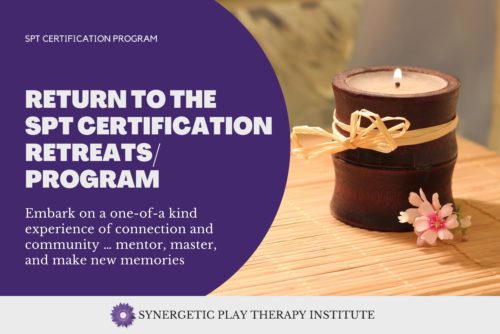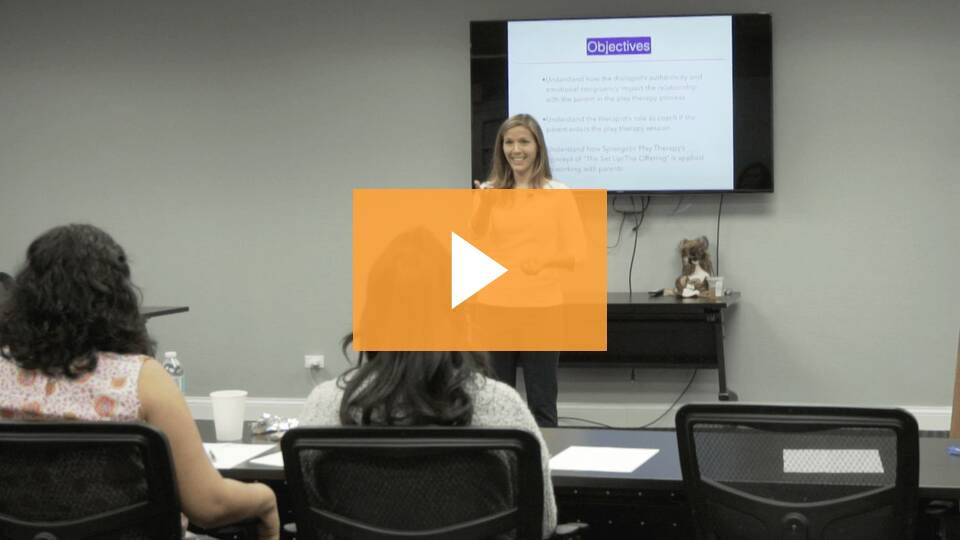Welcome to Play Therapy Institute of Colorado’s E-Learning Site
Please select a course below to get started.
Please select a course below to get started.


From a stroll through the Lollipop woods of Candyland to a fight over the Thimble in Monopoly, games are part of childhood. In the playroom, certain games are more commonly used than others. How do we use chess as a pawn in our therapeutic healing? How can we call on checkers to check on the child's state of regulation? What does a game tell us about a child's emotional world? This webinar explores these questions and more!






Siblings are often friends and enemies, a complicated relationship that can show up in the playroom in all sorts of ways. Brothers, sisters, sharing, caring, and noogies? This webinar explores this colorful and challenging dynamic. Learn when sibling therapy is appropriate and how to embrace the different types of play powerful for pairs.

In this thought-provoking yet practical workshop, participants will explore what it really takes to partner with parents. They will have the opportunity to understand how to have a successful intake session setting the stage for a higher level of investment and commitment, how to communicate to parents so that they understand what play therapy is and how it works, how to translate what is happening in the playroom so that parents understand how the goals are being worked on, what to do with resistant parents and what to do when parents just want to drop their child off to be "fixed".
Through new skills, insights and a framework rooted in relationship theory, therapists are guaranteed to leave feeling inspired to work with parents.
This course helps play therapists strengthen their work with parents so they can:
 Please see course details below. For a list of all available products, please go here.
Please see course details below. For a list of all available products, please go here. 
"Although I have been utilizing mindfulness for years in the therapy room, this training opened my eyes to the opportunities and benefits that I was overlooking. I am able to more intentionally track the content AND processes occurring in session, leading to more richness and depth in the work." -Dr. Alana Roth
Neuroscience is revealing that mindfulness is a key component for integration, so what is it, what is it not and how to incorporate it into the playroom are important questions to consider as a play therapist. If you are curious about understanding mindfulness and developing a more mindful approach to your work, join Lisa Dion in an interactive workshop on becoming a mindful play therapist.
In this course, you will explore some of the neuroscience behind mindfulness as you learn how to cultivate it within yourself and within your child clients. You will also learn the importance of bringing mindfulness into the playroom as a way to avoid compassion fatigue, vicarious trauma, and burnout. This course is applicable to all play therapy theories.
https://youtu.be/jwCo52TKE2I This course helps play therapists to:
